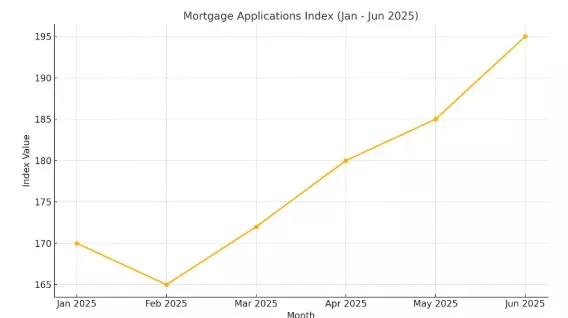Why Hard money might be the better option right

Investing in real estate can be a lucrative and rewarding endeavor, but it often requires a significant amount of capital. Traditional financing is one way to secure the funds needed to purchase property, but it may not be the best option for all investors. Private lending, also known as hard money, is an alternative solution that may offer greater flexibility and benefits.
Traditional financing is great, but it locks you in and you may not want that. When you apply for a mortgage through a traditional lender, such as a bank or credit union, you are subject to their strict criteria and terms. This can include rigid credit score requirements, lengthy approval processes, and limited loan-to-value ratios. Once you are approved for a mortgage, you are locked into a long-term commitment with the lender, with little room for negotiation or flexibility.
Hard money, on the other hand, can provide greater flexibility and freedom for investors. Private lenders, or hard money lenders, are individuals or companies that provide short-term loans for real estate transactions. These loans are typically secured by the property itself, rather than the borrower's creditworthiness. This means that even if you have poor credit, you may still be able to secure a hard money loan if you have a valuable property to use as collateral.
One of the main benefits of hard money is its speed and convenience. Traditional financing can take weeks or even months to secure, which can delay your investment plans and lead to missed opportunities. Hard money lenders can provide funding in a matter of days, allowing you to move quickly on promising properties and close deals faster.
Another benefit of hard money is its flexibility. Traditional lenders often have strict guidelines and restrictions on how funds can be used, and may require extensive documentation and paperwork. Hard money lenders typically have fewer restrictions and can work with you to tailor a loan that fits your specific needs. This can include offering higher loan-to-value ratios, shorter repayment periods, and more lenient credit requirements.
Of course, there are some downsides to hard money that should be considered. The interest rates on hard money loans are typically higher than those on traditional loans, reflecting the increased risk that private lenders are taking on. You may also be required to make a larger down payment and pay additional fees, such as origination or processing fees. However, for many investors, these costs are outweighed by the benefits of faster, more flexible financing.
Ultimately, the decision between traditional financing and hard money depends on your specific situation and goals. If you have excellent credit, a good relationship with a traditional lender, and a long-term investment strategy, traditional financing may be the best option. However, if you need funds quickly, have a valuable property to use as collateral, or require more flexibility in your loan terms, hard money may be the better option for you.
In conclusion, private lending, or hard money, is an alternative solution that may offer greater flexibility and benefits than traditional financing. While the interest rates and fees may be higher, the speed and convenience of hard money loans can be invaluable for investors looking to move quickly on promising properties. Consider your specific needs and goals when making a decision between traditional and hard money financing, and work with a reputable lender to ensure that you are making the best choice for your real estate investment.
Categories
- All Blogs (28)
- 5 things before winter (1)
- aubrey (4)
- aubrey homes (4)
- Builder (1)
- buy (3)
- buying (6)
- Dallas (10)
- discount homes (1)
- equity (4)
- home buying (2)
- Home Sales (10)
- homes (8)
- homes in aubrey (2)
- homes with pools (2)
- inventory (1)
- leasing (2)
- little elm homes (3)
- multiple offers (2)
- Painting The Room, Should you paint, painting before selling, selling your home in little elm, get your home painted (1)
- pool house (2)
- price (7)
- real estate negotiations, (2)
- Staging (4)
- taxes (3)
- Window Coverings, energy efficeint windows (1)
- winter (2)
- winter in texas (2)
Recent Posts











26875 US Hwy 380 # 112, Aubrey, TX, 76227, United States
